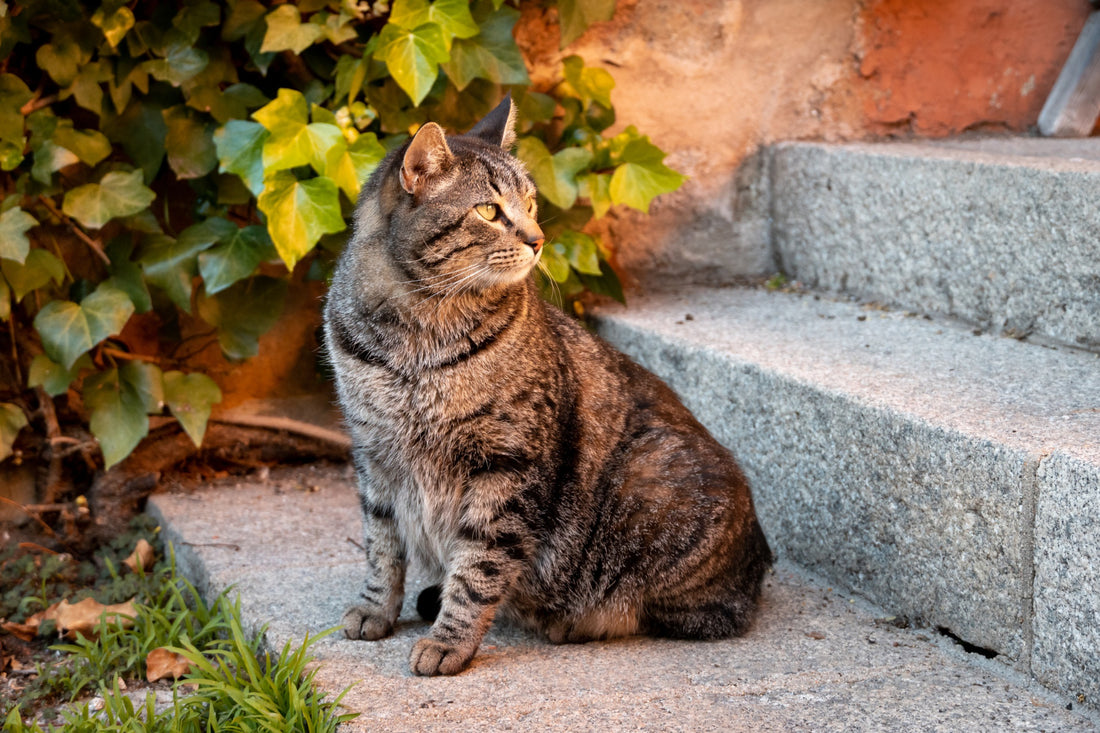Cats have long held a reputation for being independent and aloof. While some might see this as a negative trait, it’s essential to understand that this behavior is deeply rooted in their nature. Let's delve into the reasons behind this feline mystique.
The Independent Spirit
- Solitary Predators: Cats evolved as solitary hunters. Their independent nature is deeply ingrained in their DNA. Unlike dogs, who were domesticated as pack animals, cats prefer to rely on themselves. This solitary instinct often manifests as aloofness in domestic settings.
- Conservation of Energy: Cats are masters of energy conservation. They often choose to rest and recharge rather than engage in constant social interaction. This doesn't mean they don't enjoy companionship; it simply means they have a different approach to it.
- Respecting Personal Space: Cats are highly territorial and value their personal space. Intrusions into their territory can make them feel threatened or stressed, leading to aloof behavior. Understanding and respecting their boundaries is crucial for building a harmonious relationship.
Misconceptions About Aloofness
- Not Equal to Dislike: Many people mistake a cat's aloofness for dislike. This is often untrue. Cats express affection in subtle ways, such as head bunting, purring, or kneading. They may simply prefer to show their love on their own terms.
- Different Love Languages: Just like humans, cats have different love languages. Some cats are more affectionate, while others prefer to show their love through companionship. It's essential to recognize and respect your cat's unique personality.
Building a Bond
While cats may be independent, they can form deep bonds with their human companions. Here are some tips to help build a stronger connection with your feline friend:
- Patience is Key: Building trust with a cat takes time. Avoid forcing affection or overwhelming them with attention. Let them initiate interactions.
- Respect Their Space: Create a quiet and comfortable space for your cat to retreat to when they need solitude. This will help them feel secure and relaxed.
- Offer Interactive Play: Engaging in playtime can help strengthen your bond with your cat. Choose toys that stimulate their hunting instincts and provide mental stimulation.
- Positive Reinforcement: Reward your cat for positive behavior with treats or praise. This will help create a positive association between you and enjoyable experiences.
When Aloofness Becomes a Concern
While some aloofness is normal for cats, there are instances when it might indicate an underlying issue. If your cat has suddenly become more withdrawn, is showing signs of aggression, or has changes in appetite or litter box habits, it's essential to consult with a veterinarian to rule out any medical conditions.
Understanding the reasons behind a cat's aloof behavior can help you appreciate their unique personality and build a stronger bond with your feline companion. Remember, cats are complex creatures, and patience and respect are essential for a harmonious relationship.

